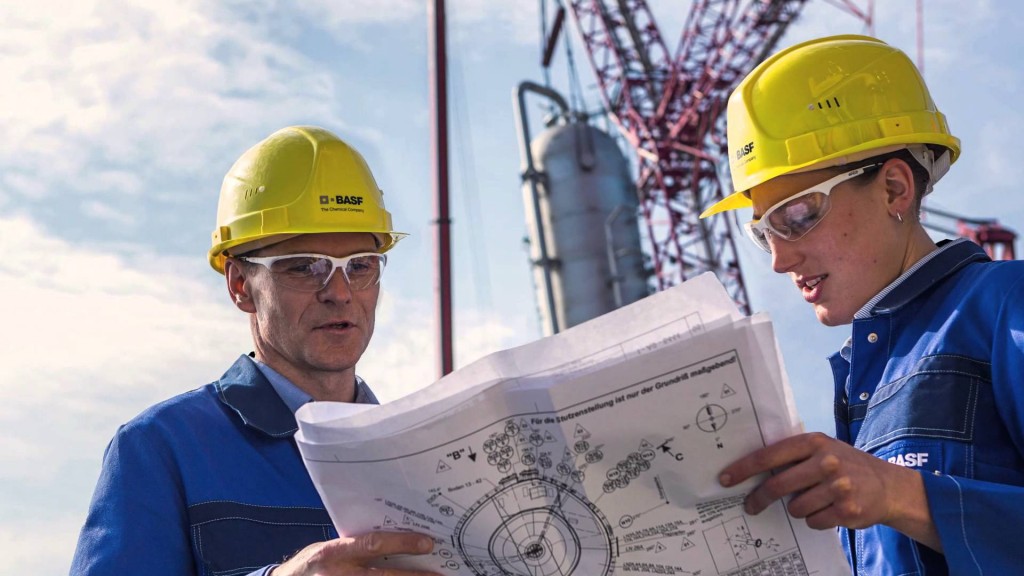How to Prepare for an Engineering Interview
Congratulations! After lots of hard work, you have an interview lined up for a great engineering position. No matter how far along in your career you are, the days leading up to an engineering interview can be equal parts exciting and nerve-wracking. Unlike most job interviews, preparing for an engineering interview entails more than brushing up on the basic ‘strengths and weaknesses’ questions. It’s important that you’re ready to answer a mix of technical problems and behavioral questions, as well as your stance on the newest technology, industry insights and more.
Dunhill Staffing Systems is proud to recruit for several engineering roles across the country, and in many different sectors. We know that the interview process can sometimes be stressful, no matter how many times you’ve gone through it. But it’s worth it, because with the right preparation, you will be that much closer to landing your dream engineering role.
Read on for some tips to make sure you stand out to your future potential employer at your next engineering job interview!
The Basics of Preparing for an Engineering Interview
First things first: Update your resume and review your job experience, as well as technical qualifications. Then, make sure you are able to speak about them with knowledge and confidence.
Next, look up the job description and try to work in some of the keywords they have used into your resume, as well as into your conversation with the interviewer (if this can be done eloquently).
Along with your technical skills, interviewers want to know that you have the interpersonal skills that are necessary for a successful career in engineering. So, be prepared to talk a bit about yourself!
Take some time to research the company that you are interviewing with, and, if possible, the person who will be interviewing you. This way, you can be up to speed about their background, company culture, and where the company fits into the larger stage of engineering. Also, make sure to look up some common engineering interview questions that are likely to be asked, so that you can arrive as prepared as possible with some great answers. Some common engineering interview questions include:
- Describe an experience with a difficult client. How did you handle the situation?
- What are you doing to stay up to date with current engineering technology?
- What engineering skills have you developed or improved upon over the last year?
It also helps to do some mock interviews with a friend (or yourself in a mirror) to make sure you include everything you want to say – and to get out all of those pesky ‘ums’ and ‘likes.’

Remember, you’re not the only one who is looking to answer questions. It’s a good idea to have some insightful questions of your own prepared for the interviewer. Here are some questions that will make you stand out:
- What will be my goals for the first 30 days of this position?
- What can you tell me about the company culture?
- Can you tell me about your engineering career path?
Candidates that don’t ask any questions at the end of an interview can seen as a red flag for interviewers – it demonstrates a lack of genuine interest in the role. Lastly, the specific questions that your interviewer may touch upon will vary from sector to sector, so make sure you know your stuff!
Software Engineering Interview
In a software engineering interview, the technical questions that you will be asked will likely include sample coding questions or some problem-solving scenarios. When you do encounter these questions, take your time and answer them carefully, because this is your one chance to show off your expertise to your potential future employer. Practice your skills in both of these areas, so you can go into your interview prepared for whatever may be thrown your way.
Mechanical Engineering Interview
If you’re interviewing for a mechanical engineering position, your interviewer will probably be interested in discussing your passion for designing and building things, in addition to a plethora of complex technical questions. Make sure you are up to date with the newest technology so that you can answer these questions accurately. Mechanical engineers also typically work in teams, so be sure to highlight your ability to work well with others!
Civil Engineering Interview
For civil engineers, come prepared to talk about your favourite infrastructures, systems, and buildings – and why they are as such. In addition, offering insight into the future of the industry and any innovations you feel passionately about will provide for some great discussions. Hiring managers want to know that you are not only an ace at the technical skills, but are passionate about the industry as a whole.
Looking for your next great engineering opportunity? We have many great jobs to choose from, such as Environmental Engineer and Site Design Engineer, just waiting to be filled – reach out to a Dunhill recruiter today to get started!

